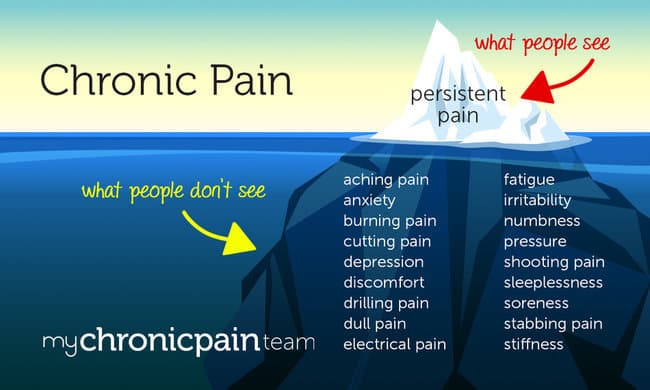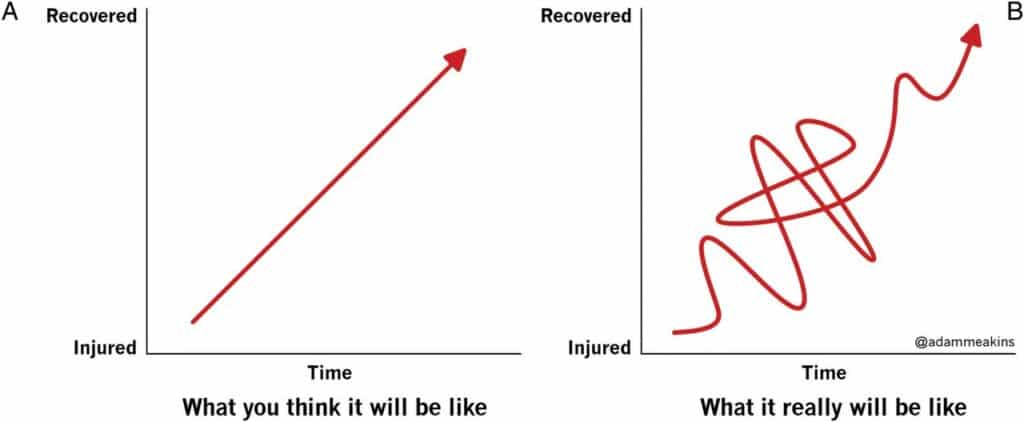
What is chronic pain
Chronic pain involves persistent pain that lasts for over 6 months, or symptoms that last longer than expected. In Australia, chronic pain is on the rise with doctors reporting 67% more cases over the past 10 years. In 2018 it was also reported that chronic pain cost our health system 139 billion. If you have chronic pain, read on to hear how you may be able to manage it.
So how does chronic pain occur?
If you have persistent pain, you know how frustrating it can be and you are probably desperate for answers to this question. Unfortunately it’s had to attribute your symptoms to one particular cause. Some sources of long lasting symptoms may come from:
– Poor general health (sleep, diet and stress for example)
– Inflammatory or nervous system conditions
– Prior injury, surgery or medical condition
– Adverse childhood experiences
(To name a few)
What are risk factors of chronic pain?
Similar to the above answer, there may be a number of factors affecting your symptoms. However there seem to be some strong links between poor lifestyle factors and the likelihood of having long-term symptoms. Some of these include:
– Physical activity: If you have poor exercise habits you are at higher risk
– Smoking: If you smoke regularly you have a greater chance of development chronic pain
– Weight control: You are more likely to develop long standing symptoms if your weight is poorly controlled
So what can you do about it?
- Develop a plan: Without a map, you may lack direction – this is similar when it comes to managing your pain. It’s important to work with a professional who understands you and your specific situation. From their you can develop a plan to improve.
- Practice self-regulation skills: Self regulation skills include developing strong sleeping patterns, practicing meditation and eating healthily.
- Use graded exposure: Graded exposure involves introducing yourself slowly back to tasks you used to do in the past prior to your symptoms. By slowly increasing the intensity of the tasks, it gives your body the best chance to adapt to the stimulus.
- Be patient: Unfortunately, your journey will be frustrating. Most recovery journeys aren’t easy and you are probably not the exception. Prepare for slowly, but gradual progress.

Still confused? Do you want help from one of our therapists?
Our team are skilled in working with long standing pain. If you wish to accelerate your recovery, work with us. Here you will get a better understanding of your body, your mind and your road to recovery.
Comments are closed.

